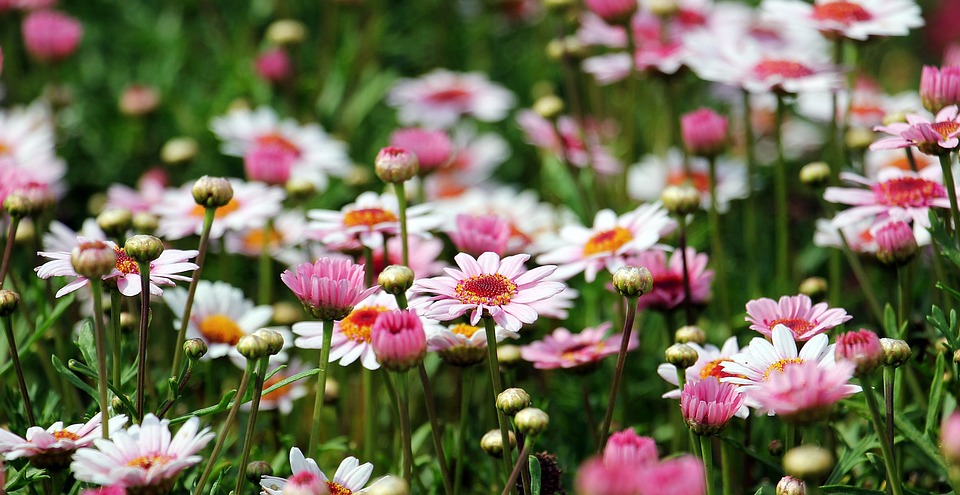Introduction
Gardening has evolved over the centuries, from traditional soil-based gardens to more modern and innovative approaches. One such approach gaining popularity is hydroponics. Hydroponics revolutionizes the home gardening experience by eliminating the need for soil, conserving water, and providing optimum conditions for plants to thrive. In this article, we will explore the reasons why hydroponics is the future of home gardening.
Higher Yield with Less Space
One of the primary advantages of hydroponics is that it allows you to grow a larger quantity of plants in a smaller space compared to traditional soil-based gardening. Hydroponic systems provide better flexibility by vertically stacking plants, making efficient use of limited space. You can grow more herbs, vegetables, or flowers in a hydroponic system, even in small balconies or urban apartments.
Controlled Environment and Increased Productivity
Hydroponic systems offer a controlled environment where you have complete control over various factors like temperature, humidity, and pH levels. This allows for optimal growth conditions for plants, which helps minimize diseases and pests. Moreover, hydroponics utilizes nutrient-rich water solutions that are carefully balanced, ensuring plants receive the required nutrients in the right quantities. These controlled environments result in faster growth rates and higher productivity compared to traditional gardening methods.
Water Conservation
One of the critical issues in traditional gardening is water usage. Hydroponic systems use significantly less water compared to soil-based gardens. This is because hydroponics recirculates water, reducing water waste due to evaporation and runoff. Additionally, since the water is delivered directly to the plant roots, there is no water loss due to seepage. By adopting hydroponics, you can significantly contribute to water conservation efforts while still enjoying a lush and thriving garden.
No Weeds or Soil-Borne Diseases
One of the biggest challenges in traditional gardening is combating weeds and soil-borne diseases. In hydroponics, plants are grown in a soil-less medium such as perlite, coconut coir, or rockwool. This eliminates the possibility of weeds germinating and competing with your desired plants. Moreover, soil-borne diseases and pests are less likely to affect hydroponic setups since they don’t rely on soil for growth. As a result, you can enjoy a disease-free and hassle-free gardening experience with hydroponics.
Year-Round Gardening
With hydroponics, there are no seasonal limitations to your gardening activities. Traditional gardening methods are heavily reliant on weather conditions, which can restrict your gardening efforts to specific seasons. Hydroponic systems allow you to grow your favorite plants throughout the year, regardless of the climate. By setting up an indoor hydroponic garden, you can enjoy fresh produce and beautiful flowers even during winter months.
FAQs
1. Is hydroponics suitable for beginners?
Yes, hydroponics is suitable for beginners. With a wide range of plug-and-play hydroponic systems available in the market, getting started with hydroponics has never been easier. These systems come with detailed instructions and require minimal maintenance, making them ideal for beginners.
2. Can I grow all types of plants using hydroponics?
Yes, you can grow various types of plants using hydroponics. From leafy greens and herbs to flowers and fruits, hydroponics allows you to cultivate a wide variety of plants. Different plants may require specific nutrient solutions, lighting, or support structures, so it’s important to research the specific requirements of each plant you intend to grow.
3. How often do I need to check pH levels in hydroponics?
It is recommended to check the pH levels of your hydroponic system on a regular basis. pH levels can fluctuate due to nutrient absorption by plants and other factors. Generally, it is advised to check pH levels once or twice a week and make adjustments as necessary to maintain the optimal range for your plants.
4. Are hydroponic systems expensive to set up?
Hydroponic systems can range in cost depending on the complexity and size of the setup. While there are high-end systems available, you can also find affordable options suitable for home gardening. Consider starting with a smaller system or even building your own DIY hydroponic setup to keep the costs down.
5. Is hydroponics more environmentally friendly than traditional gardening?
Yes, hydroponics is generally considered more environmentally friendly than traditional gardening. The water-saving nature of hydroponics and the absence of soil-borne diseases reduce the need for pesticides and herbicides. Additionally, hydroponics utilizes space more efficiently, making it a sustainable and eco-friendly choice for home gardening.




